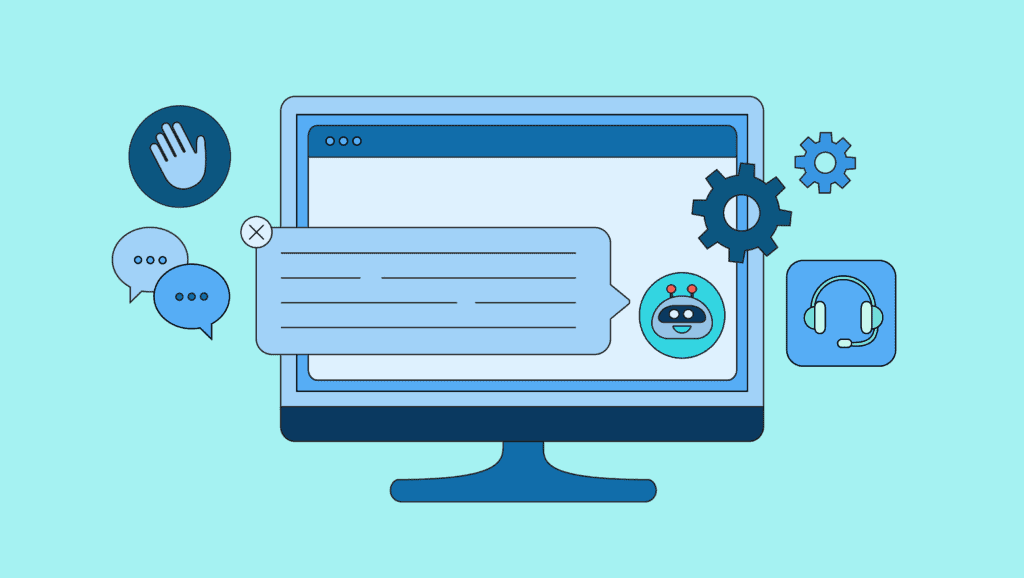In today’s fast-paced world, technology has made significant advancements, and one such breakthrough is the development of AI tools. Artificial Intelligence (AI) has transformed various industries, bringing automation, efficiency, and innovation. AI tools have become an integral part of businesses, enabling them to streamline operations, make data-driven decisions, and enhance customer experiences. In this article, we will delve into the world of AI tools and explore their applications, benefits, and future prospects.
Understanding AI Tools
AI tools encompass a wide range of technologies and applications that leverage artificial intelligence to perform tasks that typically require human intelligence. These tools utilize machine learning algorithms, natural language processing, computer vision, and other AI techniques to analyze vast amounts of data, recognize patterns, and make predictions or decisions. With their ability to process and interpret complex information, AI tools have become indispensable across various industries.
Applications of AI Tools
AI tools find applications in numerous sectors, revolutionizing the way businesses operate. Let’s explore some key areas where these tools have made a significant impact:
1. Natural Language Processing (NLP)
NLP-based AI tools have transformed the way we interact with computers. These tools enable machines to understand and interpret human language, facilitating voice recognition, sentiment analysis, language translation, and chatbot functionality. Businesses utilize NLP-powered AI tools to automate customer support, improve search engine optimization, and enhance content creation processes.
2. Computer Vision
Computer vision AI tools enable machines to analyze and understand visual data, such as images and videos. They can identify objects, recognize faces, detect anomalies, and perform complex image-based tasks. Industries like healthcare, manufacturing, and retail benefit from computer vision tools by automating quality control, enhancing security systems, and enabling visual search capabilities.
3. Data Analytics and Insights
AI tools excel in processing vast amounts of data and extracting meaningful insights. They can analyze complex datasets, identify trends, and predict future outcomes. Businesses leverage AI-powered analytics tools to optimize operations, personalize marketing campaigns, detect fraud, and improve decision-making processes.
4. Automation and Robotics
AI tools play a vital role in automation and robotics. They enable machines to perform tasks traditionally done by humans, such as assembly line operations, autonomous vehicles, and smart home devices. These tools enhance efficiency, reduce human error, and increase productivity across various industries.
Benefits of AI Tools
The adoption of AI tools brings several benefits to organizations:
- Increased Efficiency: AI tools automate repetitive tasks, freeing up human resources to focus on more complex and strategic activities.
- Improved Accuracy: AI-powered algorithms minimize errors and provide precise results, leading to higher reliability in decision-making processes.
- Enhanced Customer Experiences: By leveraging AI tools, businesses can personalize customer interactions, provide intelligent recommendations, and offer proactive support, leading to improved customer satisfaction and loyalty.
- Cost Savings: AI tools help optimize resource allocation, reduce operational costs, and identify opportunities for cost-saving measures.
- Innovation and Competitive Advantage: Organizations embracing AI tools gain a competitive edge by staying at the forefront of technological advancements and leveraging data-driven insights for innovation.
The Future of AI Tools
As AI technology continues to evolve, the future of AI tools looks promising. Here are some trends and developments to watch out for:
- Ethical AI: With increasing concerns regarding AI bias and data privacy, the development of ethical AI tools that prioritize fairness, transparency, and accountability will gain traction.
- Explainable AI: AI tools that can provide explanations for their decisions and predictions will be crucial for building trust and ensuring regulatory compliance in sensitive domains.
- Edge AI: Edge computing combined with AI tools will enable real-time data analysis and decision-making at the edge of networks, reducing latency and improving performance in applications like autonomous vehicles and IoT devices.
- Augmented Intelligence: The focus will shift towards leveraging AI tools to augment human capabilities rather than replacing them. Human-AI collaboration will become more prevalent, driving innovation and problem-solving.
- Advanced Healthcare Applications: AI tools will continue to revolutionize healthcare by assisting in disease diagnosis, drug discovery, personalized medicine, and telemedicine, leading to improved patient outcomes and healthcare delivery.
Conclusion
AI tools have emerged as powerful assets for businesses across industries, enabling automation, data-driven decision-making, and enhanced customer experiences. With their applications ranging from natural language processing and computer vision to data analytics and automation, these tools have revolutionized traditional processes and opened new avenues for innovation. As AI technology continues to evolve, organizations must embrace AI tools to stay competitive and unlock the benefits of this transformative technology.
FAQs
- Q: How can AI tools benefit small businesses? A: AI tools can help small businesses streamline operations, automate tasks, gain insights from data, and deliver personalized customer experiences, ultimately improving their efficiency and competitiveness.
- Q: Are AI tools only suitable for tech-savvy businesses? A: No, AI tools are designed to be user-friendly and accessible to businesses of all sizes and industries. They offer intuitive interfaces and pre-built models that can be easily integrated into existing workflows.
- Q: Can AI tools replace human jobs? A: While AI tools can automate certain tasks, their primary purpose is to augment human capabilities and improve productivity. They are more likely to transform job roles rather than replace them entirely.
- Q: Are AI tools expensive to implement? A: The cost of implementing AI tools varies depending on the complexity of the solution and the specific requirements of the business. However, with advancements in technology, AI tools are becoming more affordable and accessible.
- Q: How can businesses ensure the ethical use of AI tools? A: Businesses should prioritize transparency, fairness, and accountability when developing and deploying AI tools. They should conduct regular audits, address biases, and comply with privacy regulations to ensure ethical AI practices.




